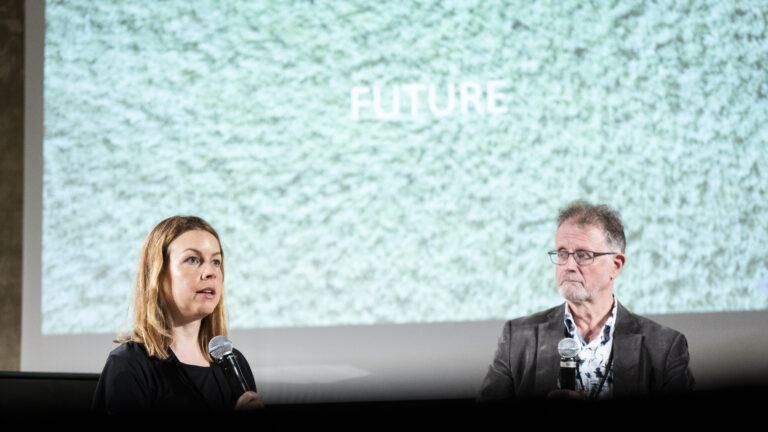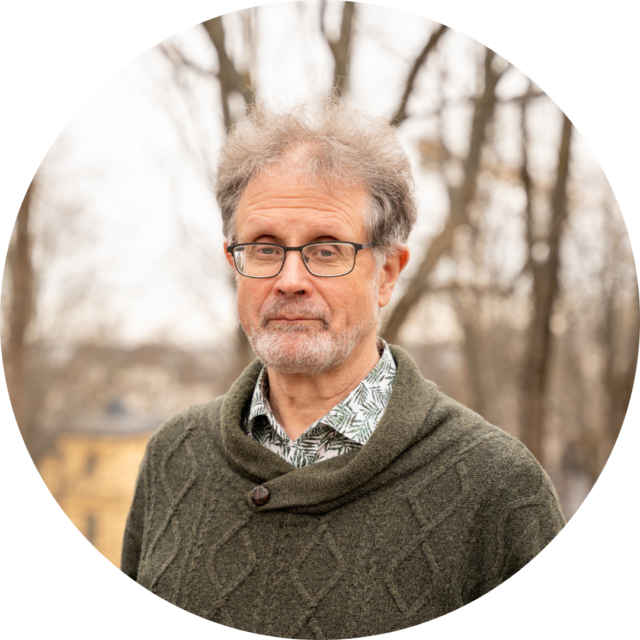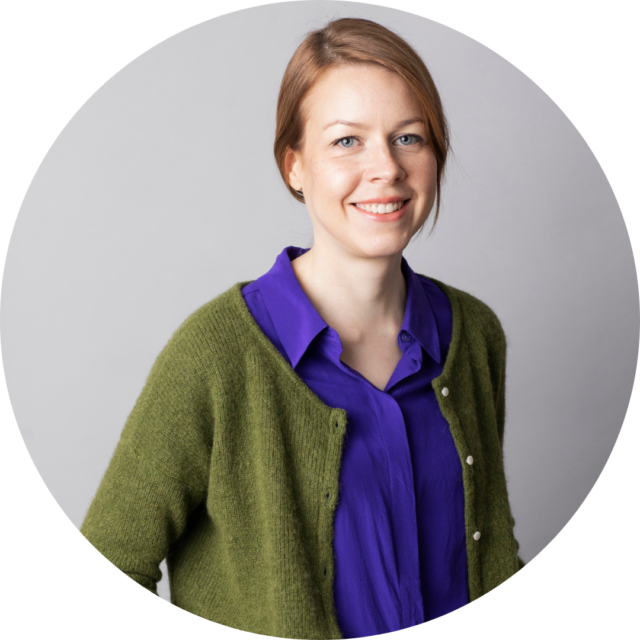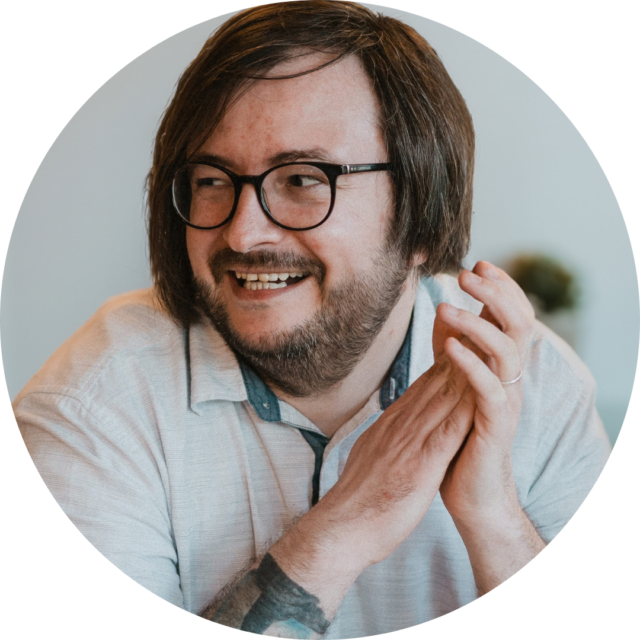
Panel Session: Rebuilding Beyond Ruins
Navigating Post-War Recovery and Environmental Resilience
There is no lack of armed conflict or military tension in today’s world. The Russian invasion of Ukraine has brought the horrors of warfare to our geographical neighbourhood. However, all conflicts will eventually cease. This panel discussion focuses on the resilience of human communities and post-war recovery. Both require supporting efforts by the international community. Resilience refers to the capacity of human or biological communities to function and maintain realistic living opportunities during wartime. Resilience and recovery are both forward-looking concepts. The panel will focus on them from the historical, humanitarian, and environmental viewpoints. Questions to be addressed include the development of climate-conscious reconstruction practices and the post-war repair of environmental damage.
Speakers
Timo Vuorisalo, PhD, Senior Lecturer of Environmental Science, University of Turku
Emma Hakala, leading researcher at the Finnish Institute of International Affairs / Researcher at BIOS Research Unit
Ruslan Gunko, PhD in Environmental Science, Novia University of Applied Sciences & Åbo Akademi University

Timo Vuorisalo, PhD, is Senior Lecturer of Environmental Science at the University of Turku. From 1989 to 1990, he was a Postdoctoral Fellow at Indiana University, Bloomington. Vuorisalo has written many papers on evolutionary ecology, urban ecology, and environmental history. He has co-edited several books, including Sodan ekologia: nykyaikaisen sodankäynnin ympäristöhistoriaa (Suomalaisen Kirjallisuuden Seura, 2007, with Simo Laakkonen), The Long Shadows: A global environmental history of the Second World War (Oregon State University Press, Corvallis, 2017, with Simo Laakkonen and Richard Tucker), and The Resilient City in World War II: Urban Environmental Histories (Palgrave Macmillan, Cham, 2019, with Simo Laakkonen, John McNeill and Richard Tucker).

Emma Hakala is a Leading Researcher at the Finnish Institute of International Affairs. Her research focuses on environmental security and the geopolitics of climate change, such as the role of international actors in developing climate security practices. She leads the project “Climate change and Finland’s security of supply” and is responsible for conflict analysis in the project “Water Cooperation and Peace – Finnish Water Way”, which FIIA implements as a partner of the Finnish Environment Institute (SYKE). Hakala gained her D.Soc.Sci degree in political history from the University of Helsinki in 2019. Hakala is also currently a postdoctoral researcher in the project “Toxic Crimes: Legal Activism against Wartime Environmental Destruction” at the University of Helsinki and a member of the multidisciplinary BIOS Research Unit.

Ruslan Gunko works as a researcher in sustainability at Novia University of Applied Sciences and is also affiliated with the Sea Research group at Åbo Akademi University. Although he is Ukrainian by nationality, he has lived in Finland long enough to proudly describe himself as Ukrainian-Finnish. Ruslan’s passion lies in adopting an interdisciplinary approach to environmental science. In his research, he explores the connections between environmental quality and societal well-being, along with how variations in nature can affect these connections. He also investigates the impact of climate change on communities and examines the relationships between people and nature. Ruslan is involved in a project studying the impact and consequences of the war in Ukraine on the relationship between people and nature.